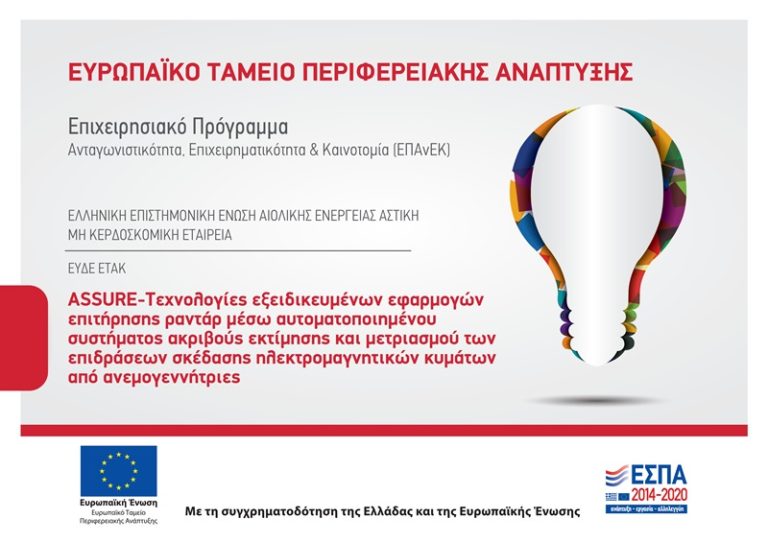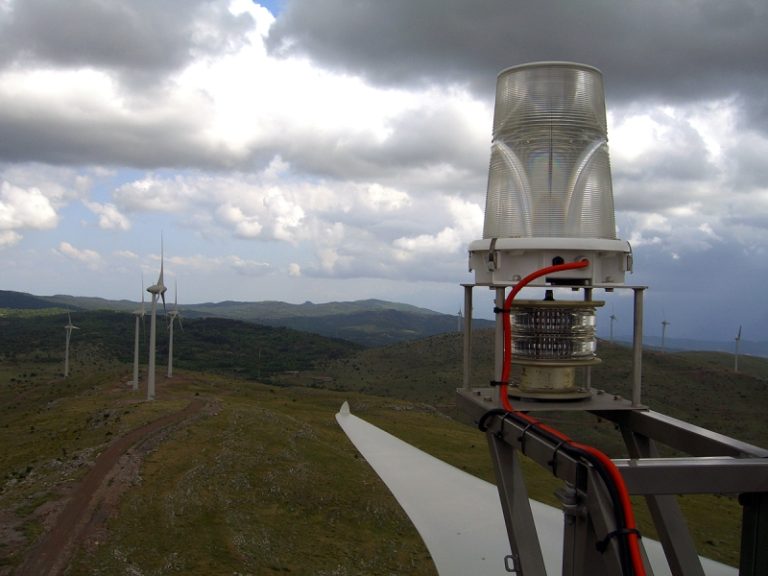Greek Electricity Market Design Study

Tuesday, December 02, 2014
Across Europe, electricity markets are undergoing transformation. The generation mix is changing with the growing contribution from renewable energy sources (RES), such as wind and solar. Conventional generation faces reduced operating hours and lower profitability and is seeking new sources of revenue. Meanwhile, the advance of ‘smart’ technologies has the potential to change patterns of demand.
The traditional model of electricity market design which was based on dispatching large scale, controllable thermal generation to meet predicted demand is becoming less relevant. Market arrangements must evolve to reflect the new order in which renewables are a mainstream component of the generation mix, conventional generation plays a supporting role and demand is flexible according to the needs of the system. Renewables and demand must be integrated into the electricity markets of the future.
The EC’s ‘Target Model’ for cross-border electricity trading and the recently adopted EC State Aid Guidelines (SAGs) give additional impetus to this transition, requiring adaptation to the design of electricity trading arrangements (including balancing responsibility for renewables as a crucial step to their market integration) and to support mechanisms for renewable generation technologies.
The Target Model and the SAGs require revisions to the Greek electricity market and RES support arrangements. The current gross mandatory pool arrangements in place in Greece is non-compliant with the EU Target Model and is undergoing reform. Similarly, the Feed-in Tariff (FIT) support arrangements shelter RES from the wholesale market, rather than integrate RES into it. Revised arrangements are needed on both fronts and there are two intertwined objectives: to integrate renewables within the market and to make the market fit for purpose for a high RES future.
Pöyry has been working with the Hellenic Wind Energy Association to develop recommendations for electricity trading and RES support arrangements that work towards these goals for Greece. The recommendations reached are contained in this summary note.
Download the study of Poyry, December 2014


